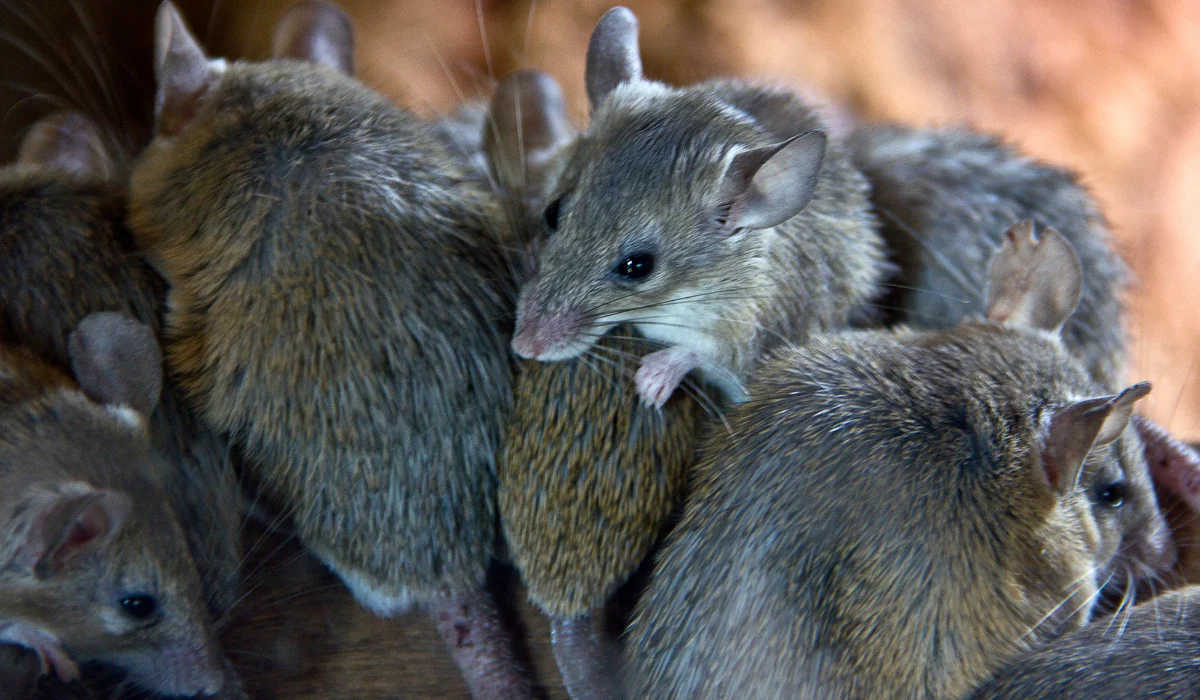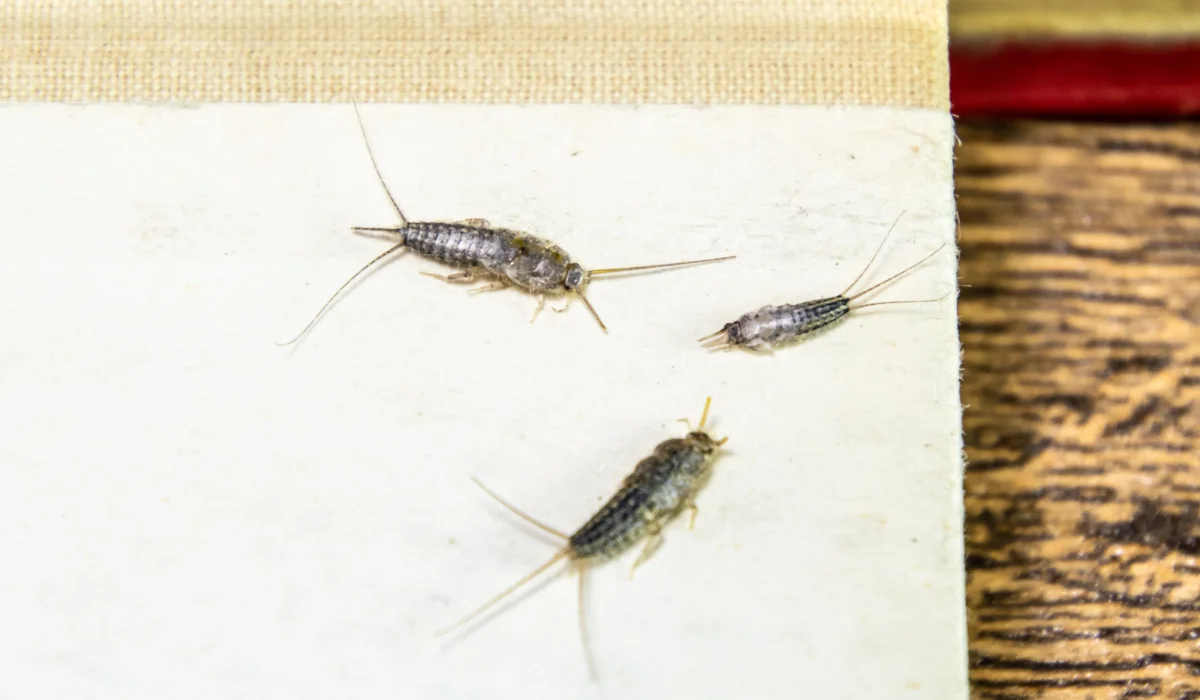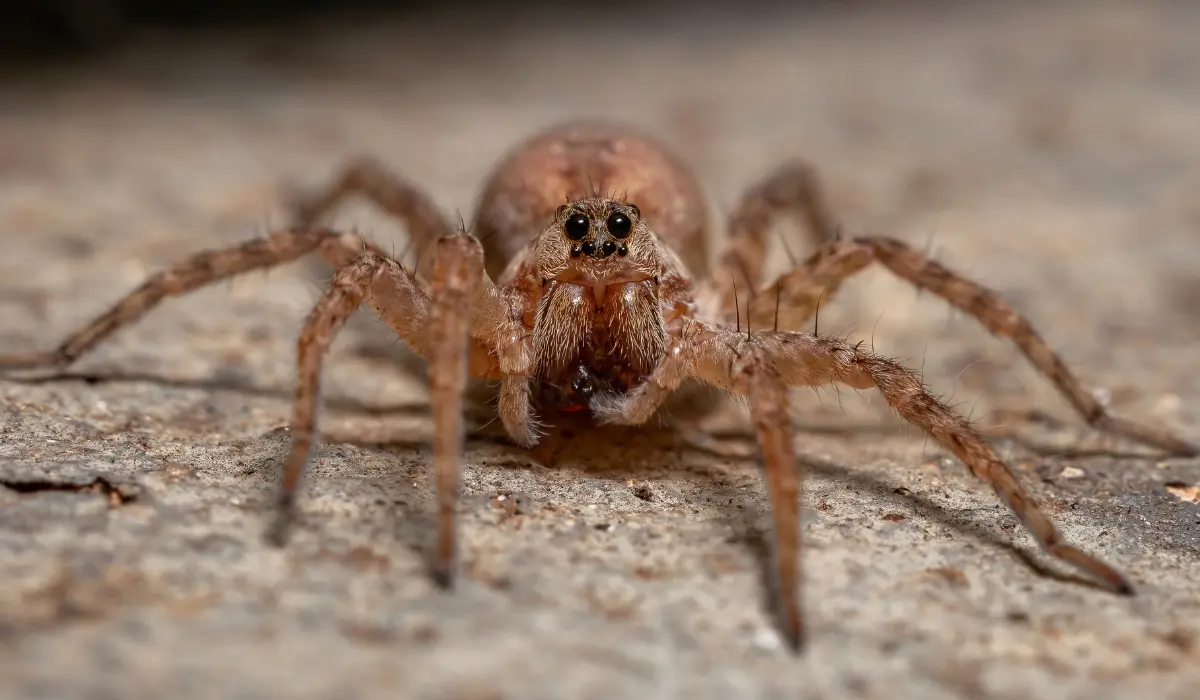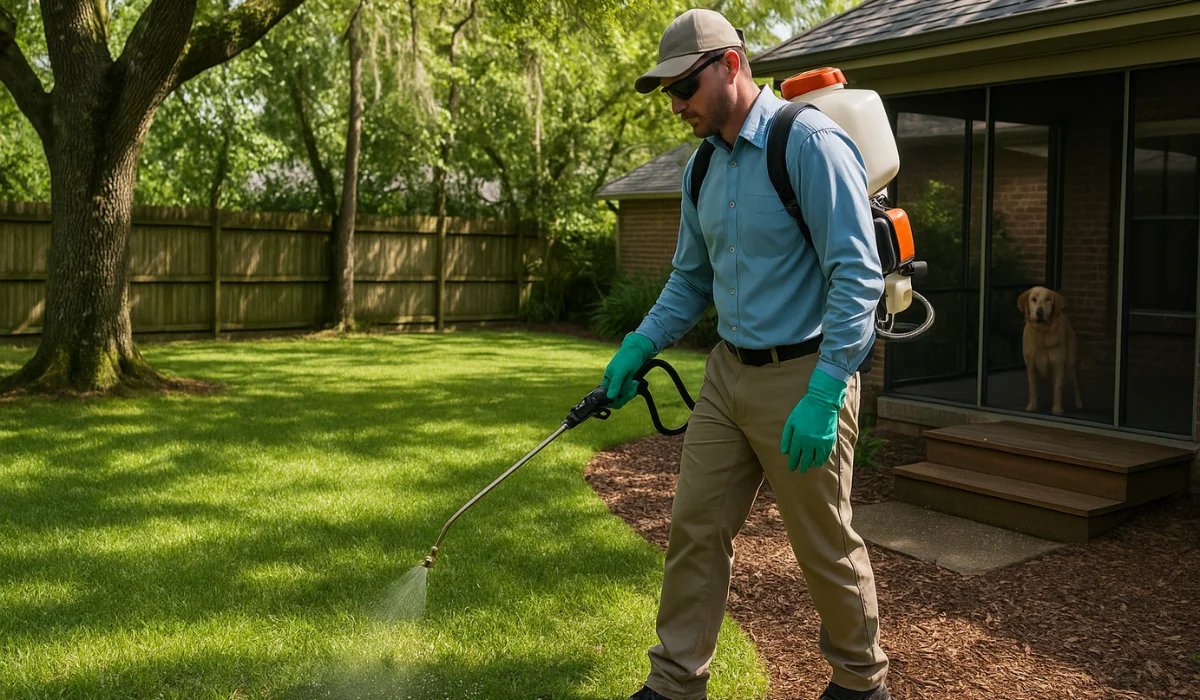If you’ve spotted a mouse in your home here in Louisiana, you might be wondering: Is it a field mouse or a house mouse? While they may seem similar at first glance, knowing the difference can help you understand how they got in and how to keep them out.
The correct identification also helps when it comes to treatment. Some mice prefer living outdoors; others quickly settle inside and multiply quickly. Understanding which type you’re dealing with makes it easier to choose the proper prevention or pest control approach for your home.
Let’s break down the key differences between these two common types of mice and what you need to know as a homeowner in Southern Louisiana.
Key Takeaways
• Field mice and house mice differ in appearance and behavior; house mice prefer indoor spaces like attics and crawl spaces, while field mice are more common in wooded or outdoor areas.
• Field mice carry a higher risk of hantavirus, making proper cleanup and prevention especially important when dealing with them indoors.
• Signs of a mouse infestation include droppings, gnaw marks, scratching sounds, and nests, all of which require quick action to prevent a larger problem.
• Professional rodent control is often the safest and most effective way to eliminate and prevent infestations in Louisiana homes.
Field mice vs house mice: What sets them apart?
In Louisiana, the two most common types of mice found near or inside homes are field mice and house mice. Each brings its habits, behaviors, and health risks.
House mice
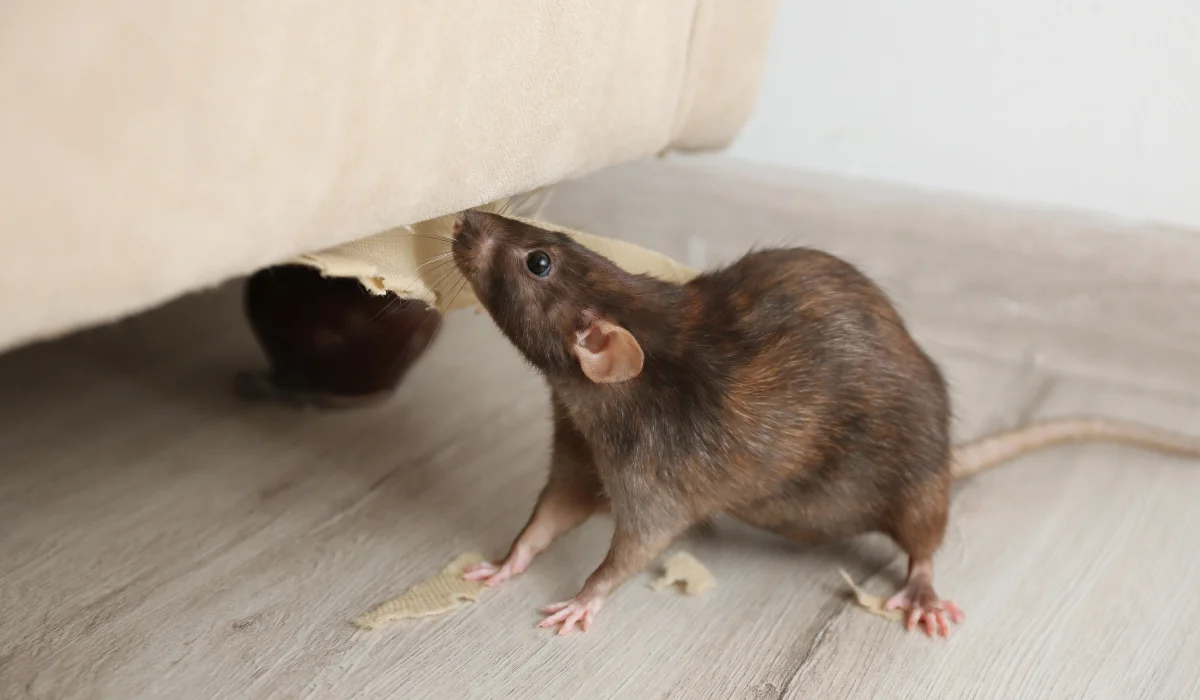
House mice (Mus musculus) are small rodents that are well adapted to urban areas and indoor living. They’re typically light brown to gray with a nearly hairless tail and a small, rounded body. You’re more likely to find house mice making themselves at home inside your walls, attics, and crawl spaces.
Field mice
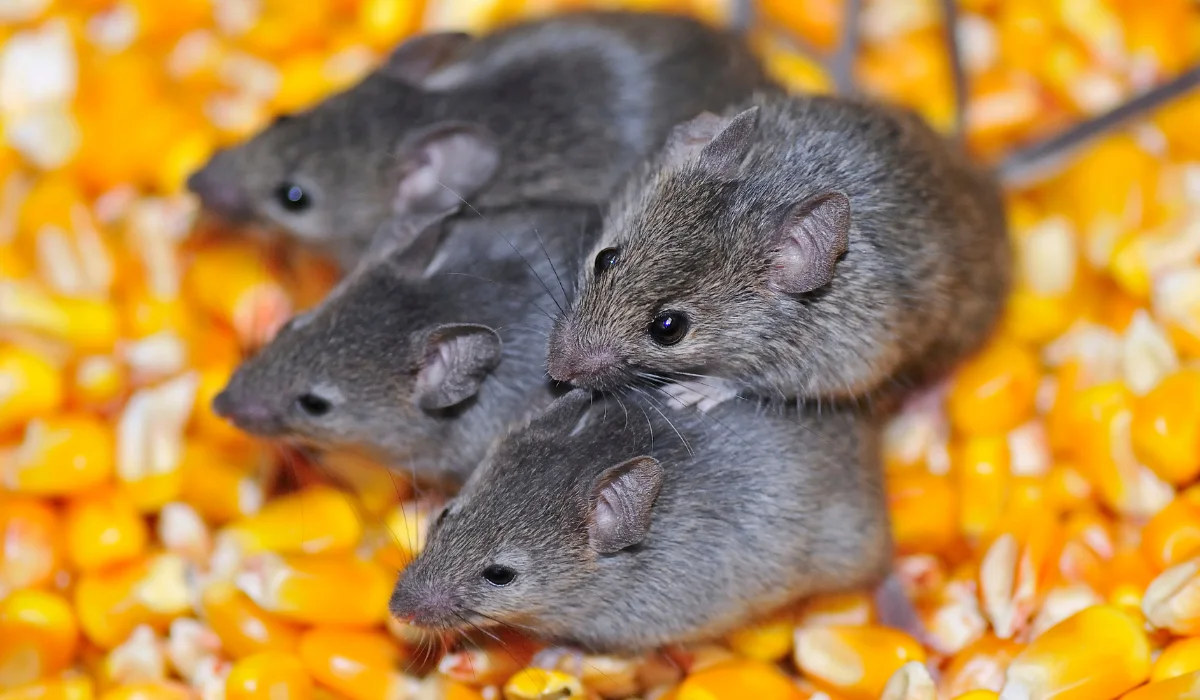
“Field mice” is a general term often used for deer mice and white-footed mice, both of which are more common in wooded areas and fields. These mice are a bit more colorful, usually brown with a white underbelly and sometimes larger ears than house mice. They tend to build nests outside but may enter garages, sheds, or homes in search of warmth and food sources.
Health concerns: Are field mice or house mice more dangerous?
Both types of mice are known carriers of pathogens and can cause problems if they find their way indoors.
• House mice often contaminate food and surfaces with their droppings, urine, and fur, which can lead to illnesses like salmonella.
• Field mice, particularly deer mice, are more likely to carry hantavirus, a potentially severe respiratory disease. This virus is found in their droppings and urine and becomes a risk during clean up if dust is stirred up in areas like attics or crawl spaces.
Signs of a mouse infestation
No matter the species, the signs of a mouse infestation are similar:
• Tiny droppings shaped like dark rice grains
• Gnaw marks on food packaging, wires, or furniture
• Nesting materials such as shredded paper or fabric
• Scratching sounds at night, especially on walls or ceilings
Whether you’re in New Orleans, Baton Rouge, or anywhere across southeast Louisiana, mice are a common problem, especially when the weather cools down and they seek shelter indoors.
Lifespan and habits
The lifespan of a house mouse is about one year in the wild, though they can live longer in sheltered indoor environments. Field mice have a similar lifespan but tend to stay outdoors unless forced inside by food shortages or extreme weather.
Both types of mice reproduce quickly and build nests in quiet, hidden places. A single pair can lead to a mouse infestation in just a few weeks if left unchecked.
How to keep your Louisiana home pest-free
Prevention is key to effective mouse control. Here’s how to protect your home from both house and field mice:
• Seal entry points with steel wool or caulk; mice can squeeze through holes the size of a dime.
• Store pantry items in airtight containers.
• Remove pet food or store food overnight.
• Keep outdoor garbage sealed and away from your home.
• Use natural repellents like peppermint oil, or contact a professional for help choosing safe options.
When to call for rodent control
Sometimes DIY prevention isn’t enough. If you’re seeing signs of mice or have had issues in the past, professional pest control services can help identify entry points, remove nests, and set up safe, effective exclusion methods.
At LaJaunie’s Pest Control, we provide comprehensive rodent control in Thibodaux, Houma, Metairie, and surrounding communities. Our team inspects attics, garages, crawl spaces, and other mouse-prone areas and offers tailored solutions to help you keep your home pest-free year-round.
Final Thoughts
Whether you’re dealing with house mice in your pantry or field mice in your shed, identifying the type is the first step toward solving the problem. If you’re unsure which mice have invaded your space, it’s essential to take action quickly. Knowing what you’re up against helps you choose the most effective solution to keep them out.
For professional help, contact LaJaunie’s Pest Control. Our team specializes in rodent control across Southeast Louisiana, from Baton Rouge to Houma. We offer tailored solutions to ensure your home stays pest-free all year. Reach out today for a free quote and quick, reliable service.
FAQs
What’s the easiest way to tell a field mouse from a house mouse?
Field mice usually have a white belly and are more likely to be found outside. House mice are more uniform in color and more likely to live indoors.
Are field mice more dangerous than house mice?
Field mice can carry hantavirus, which is more serious than the typical health risks from house mice, especially during cleanup. Proper protection and ventilation are key during cleaning.
What should I do if I see mouse droppings in my attic or garage?
Avoid sweeping or vacuuming the droppings dry. Instead, wear gloves and a mask, spray the area with disinfectant, and carefully clean it. Then, call for professional inspection to check for active infestations.
 By: LaJaunie's Pest Control
By: LaJaunie's Pest Control 